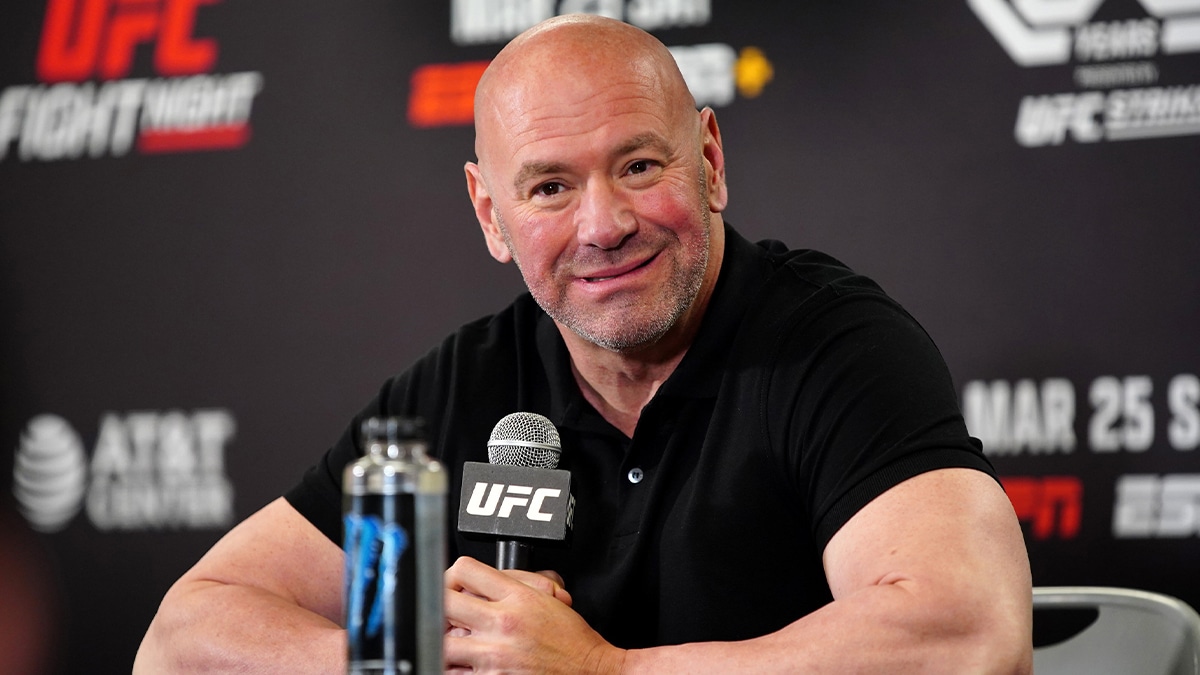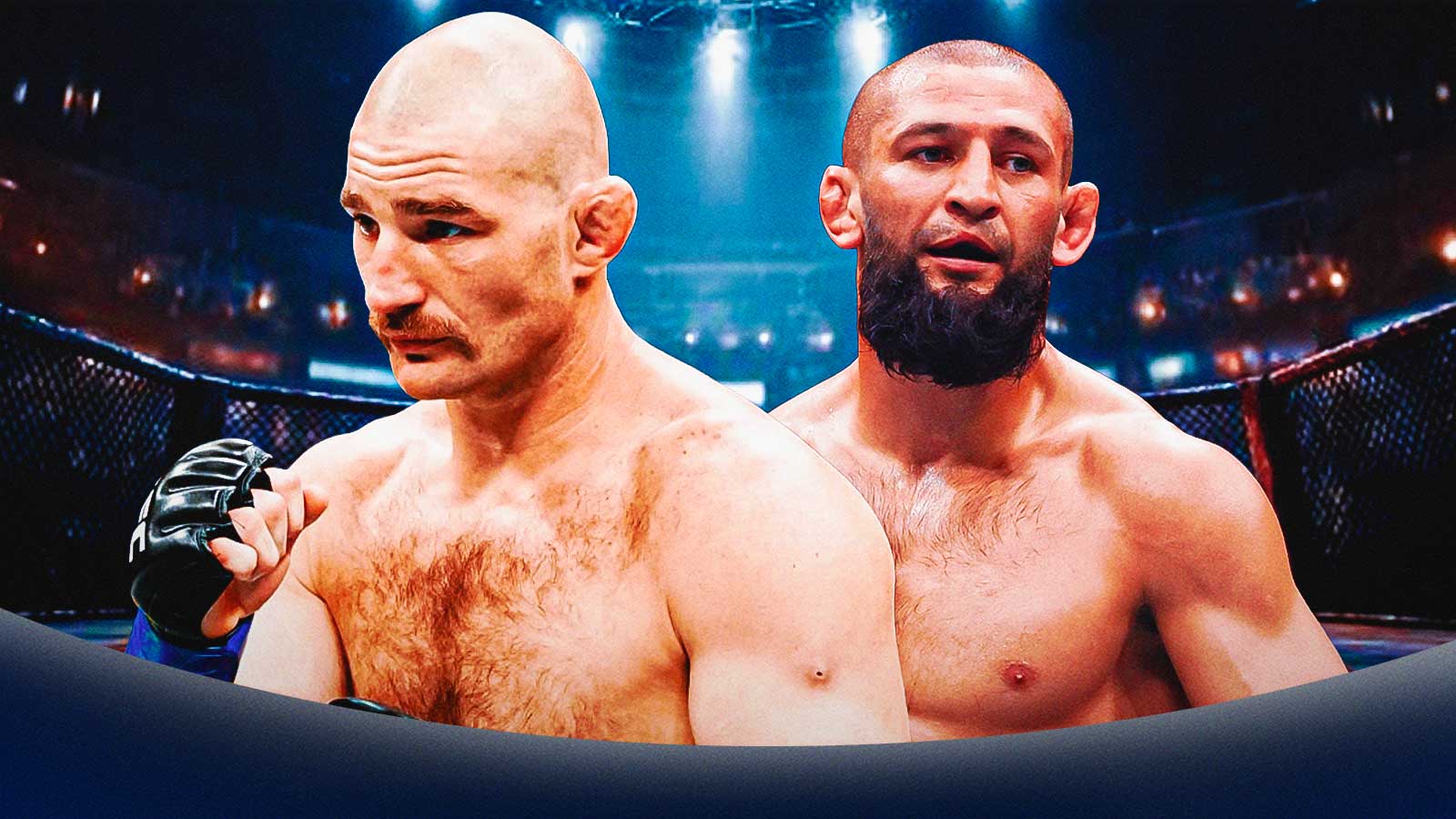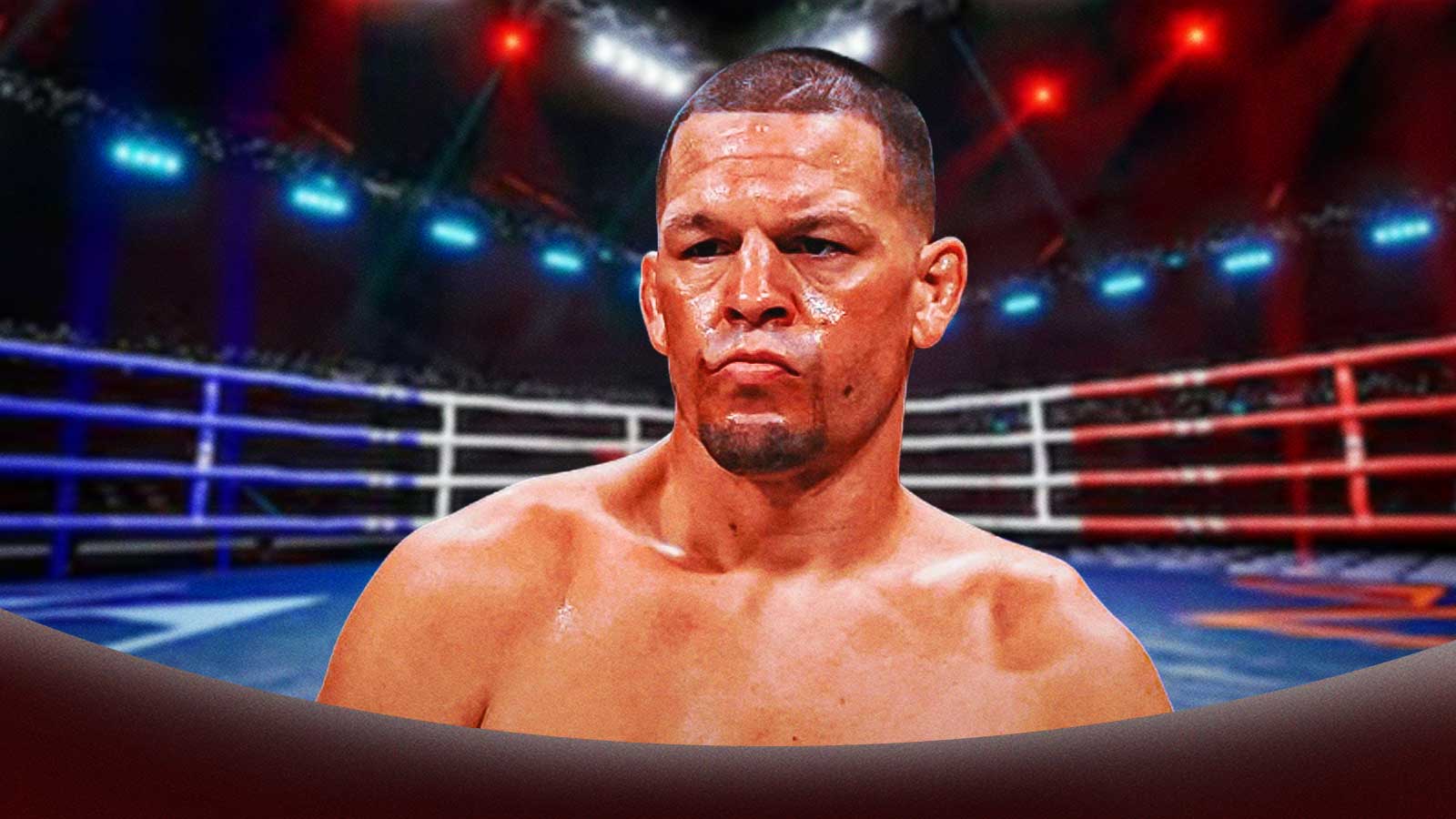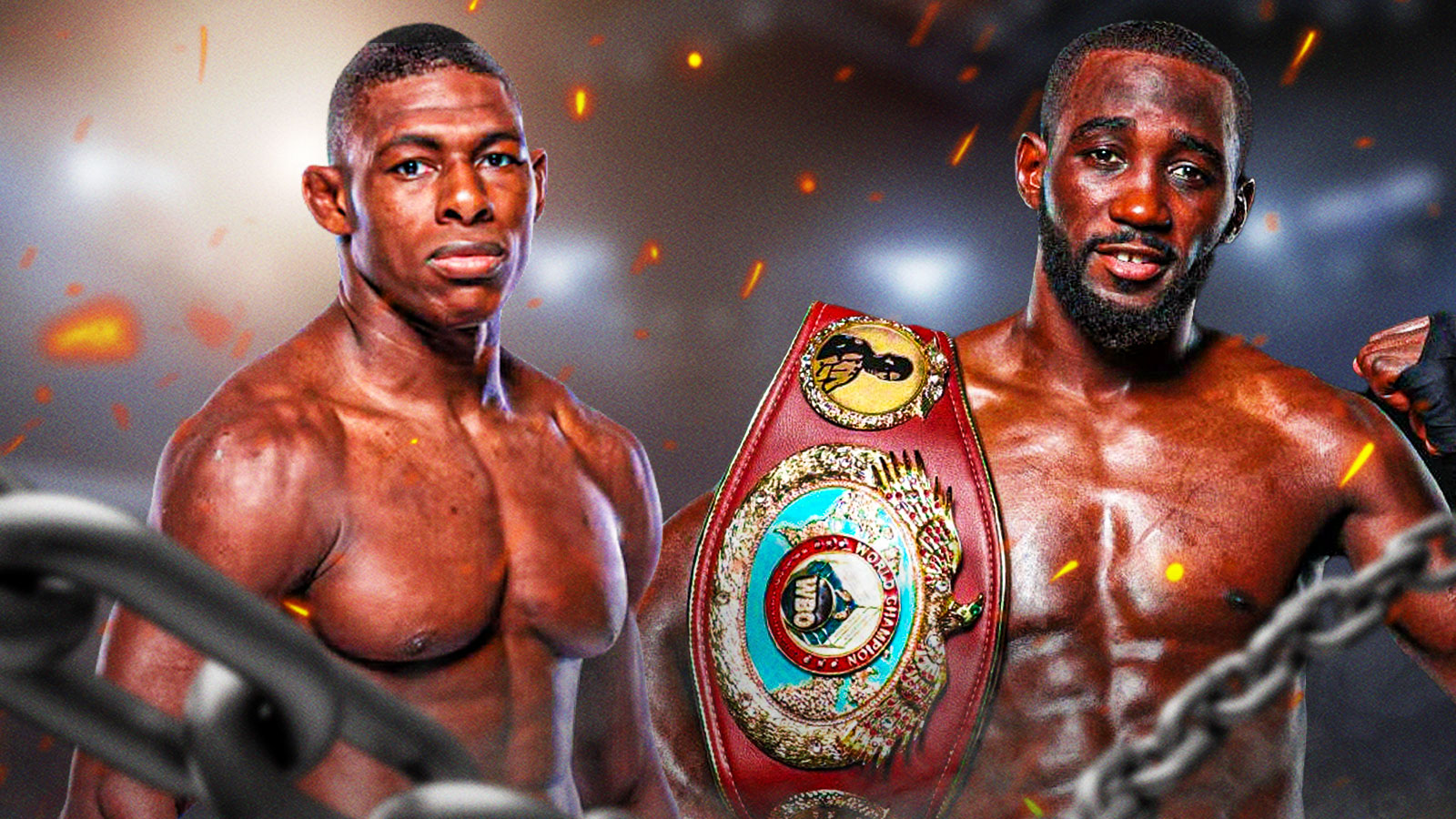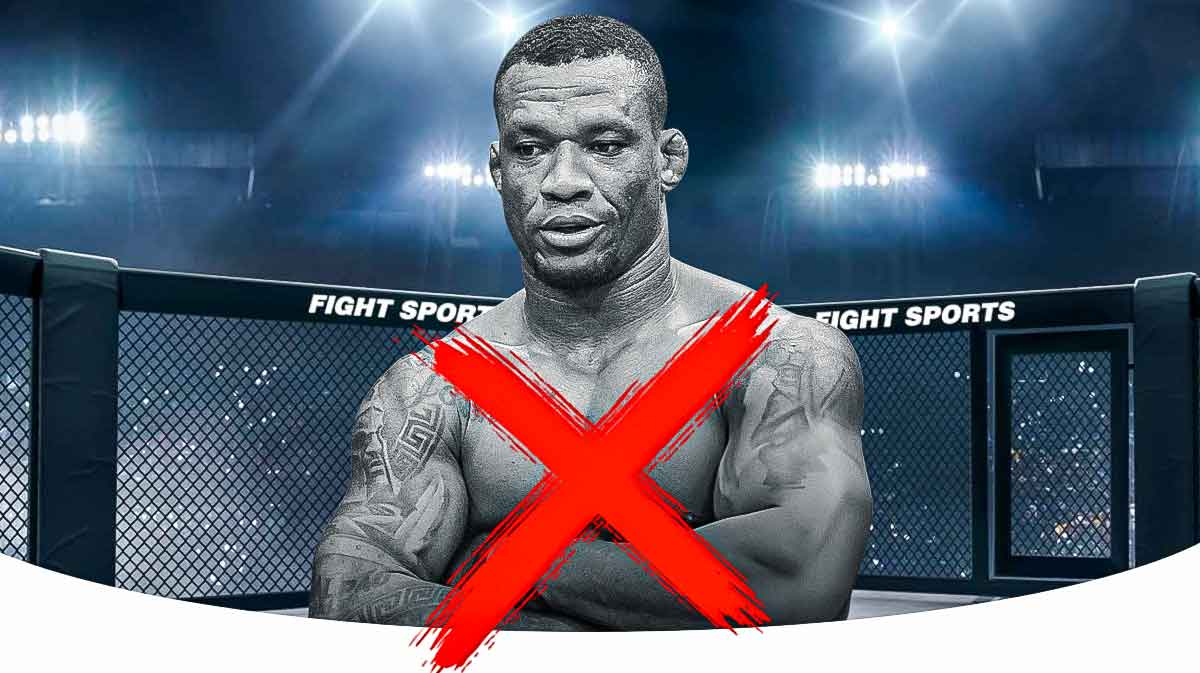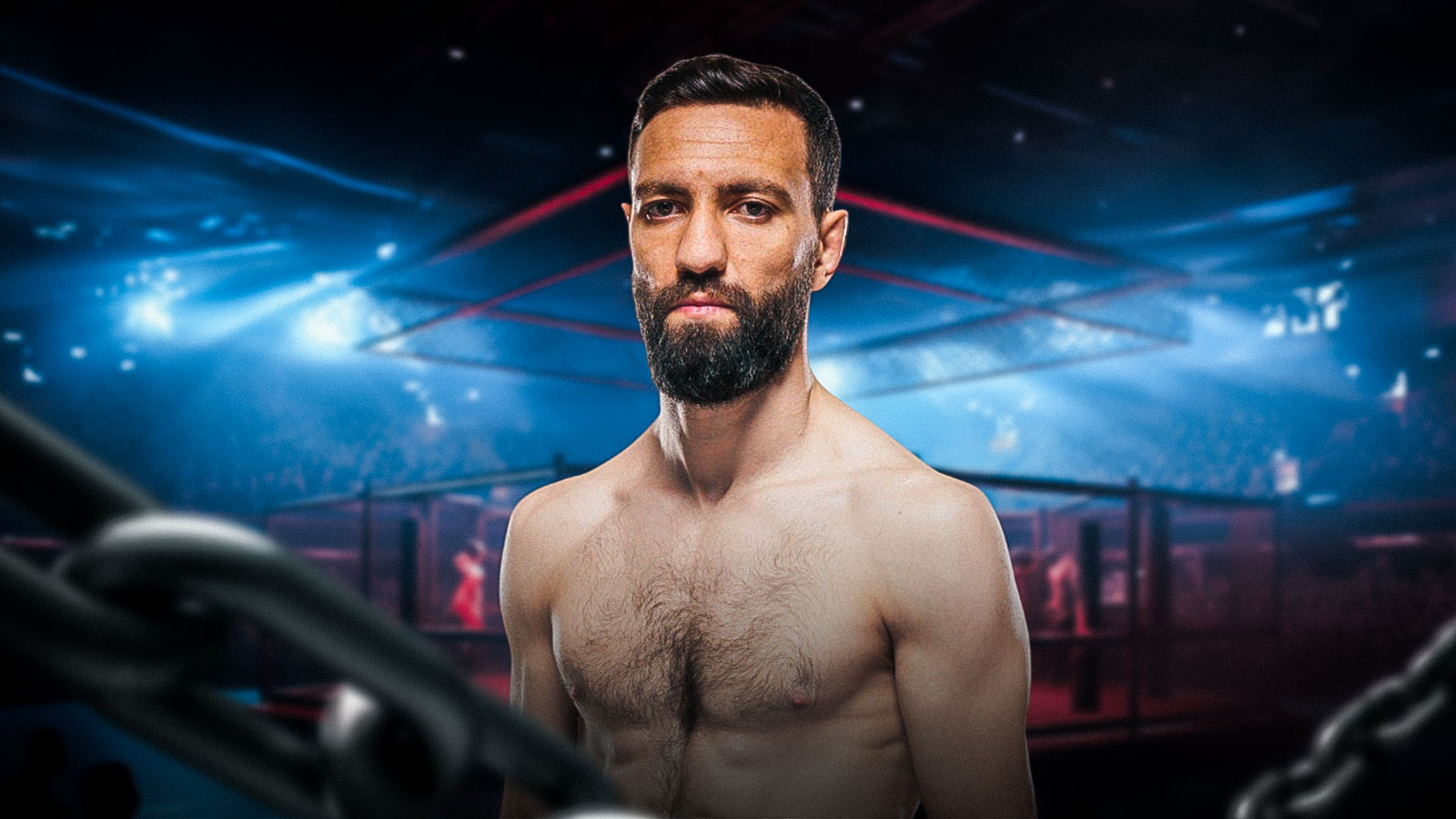The Ultimate Fighting Championship (UFC) has secured one of the largest media rights agreements in combat sports history, signing a seven-year, $7.7 billion U.S. broadcast deal with Paramount.
Beginning in 2026, all 43 annual UFC events, including Fight Nights and numbered cards, will stream on Paramount+ for a subscription fee between $8 and $13, with select marquee events simulcast on CBS. The move will end the current pay-per-view model when the promotion’s contract with ESPN expires at the close of 2025.
Following the announcement, speculation emerged about the future of key UFC broadcast personnel, especially longtime color commentator Joe Rogan.
UFC CEO Dana White addressed the issue directly during an appearance on Pardon My Take, making it clear that Joe Rogan’s role will not change.
“Everything is good for Joe Rogan,” White said. “Joe Rogan has no problems in life whatsoever. Joe Rogan was doing great before the deal; he’s going to do just fine after the deal. Everything stays the same as far as the team goes.”
Rogan, now 58, first joined the UFC in 1997 as a backstage interviewer at UFC 12 and began commentating in 2002 at UFC 37.5. A veteran of the Spike TV, FOX, and ESPN eras, he remains a fixture at most domestic UFC events despite reducing his schedule in recent years. His outside commitments, including hosting The Joe Rogan Experience, one of the world’s most popular podcasts, and touring as a stand-up comedian, have limited him primarily to U.S.-based cards.
Dana White stressed that Joe Rogan’s continued presence is driven by passion rather than financial incentive.
“Listen, Joe Rogan isn’t here at the UFC because of the money. He did the first 12 events for free. Joe Rogan has a time problem; that’s the only thing Joe has,” White explained. “If Joe didn’t have a time problem, he’d even be doing the Fight Nights. Sh*t, he’d be at the Contender Series.”
The rest of the UFC’s broadcast team, including play-by-play commentator Jon Anik and analysts Daniel Cormier, Michael Bisping, and Paul Felder, will also remain in place under the Paramount deal.
Financially, the new partnership significantly surpasses the UFC’s current arrangement with ESPN, which was worth approximately $300 million annually. Paramount will pay an estimated $1.1 billion per year for exclusive rights, a major revenue boost for the promotion.
Although White has framed the deal as a win for fans, fighters, and the organization, not everyone in the MMA community remains convinced. Former two-division champion Georges St-Pierre voiced concerns that eliminating pay-per-view could reduce fighters’ negotiating leverage.
“It could be good for the UFC as a promoter, but terrible for the fighters,” St-Pierre told Covers, noting that PPV revenue shares previously provided athletes with stronger bargaining power.
Currently, UFC athletes receive less than 20% of total revenue, compared to 49–51% in the NFL. White has announced an increase in fighter bonuses, but whether the Paramount deal will lead to broader revenue-sharing changes remains uncertain.

